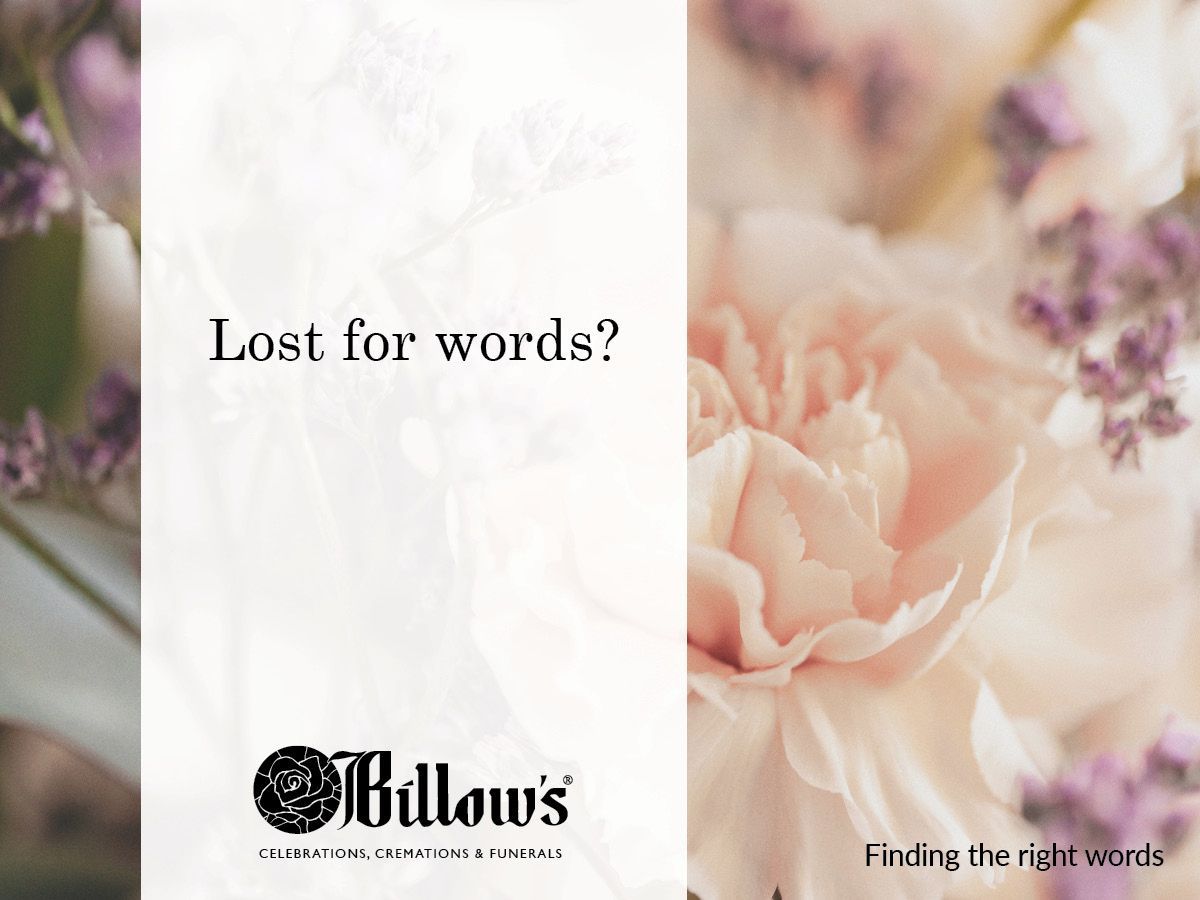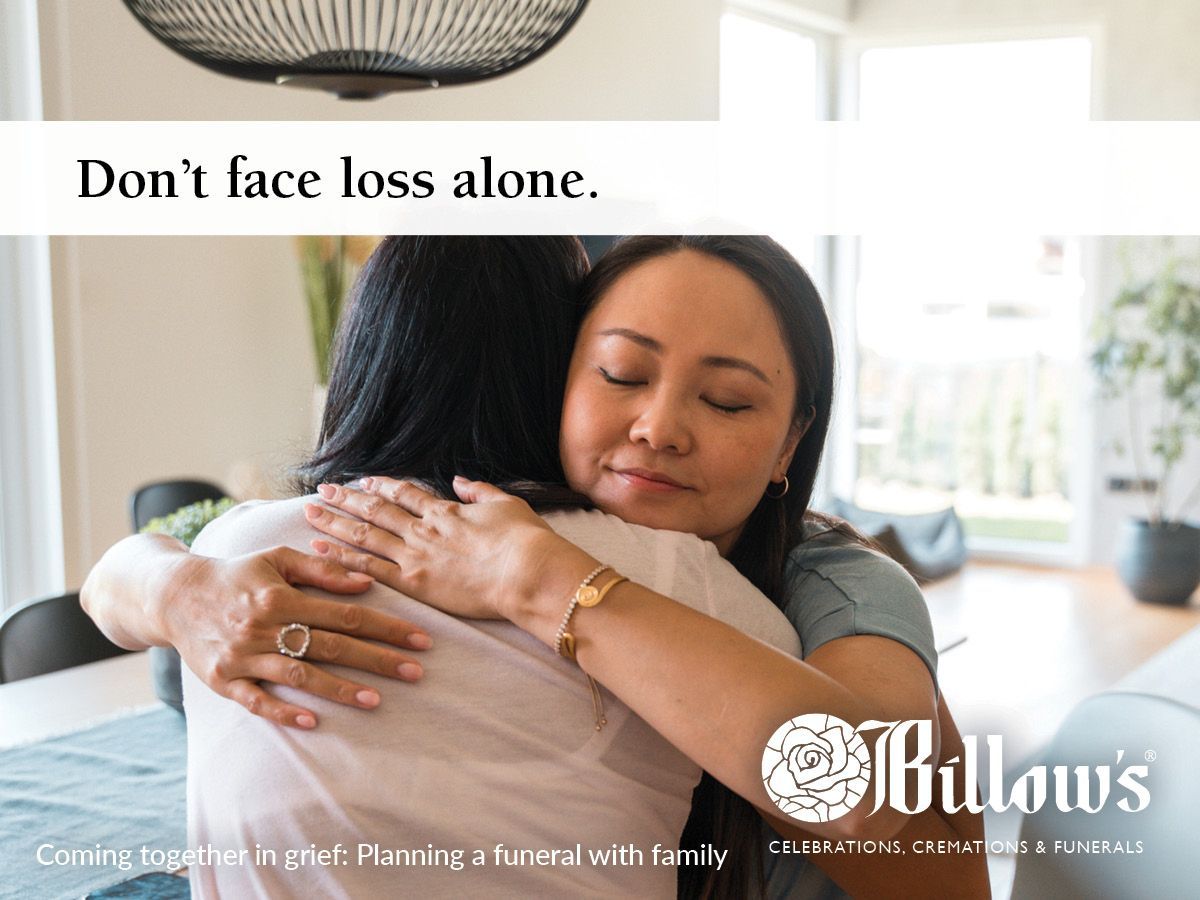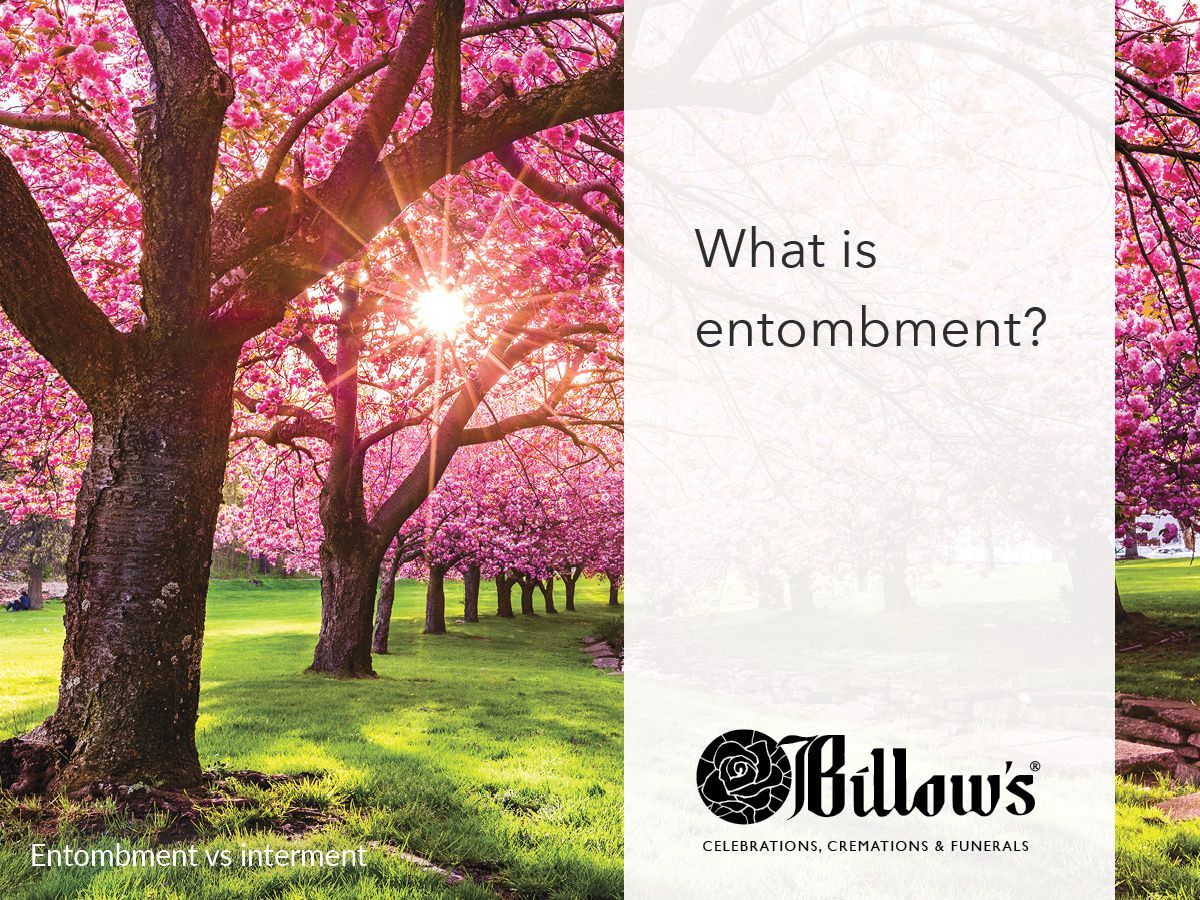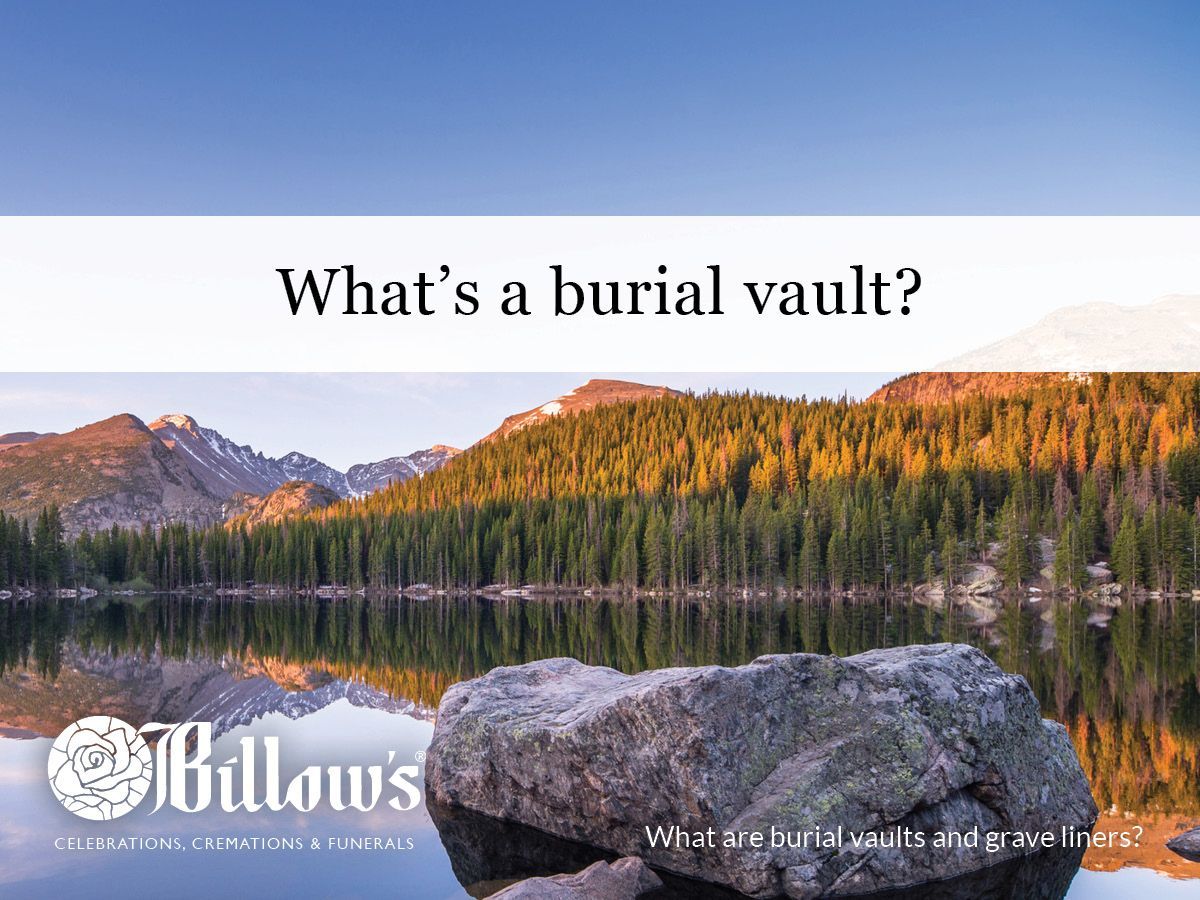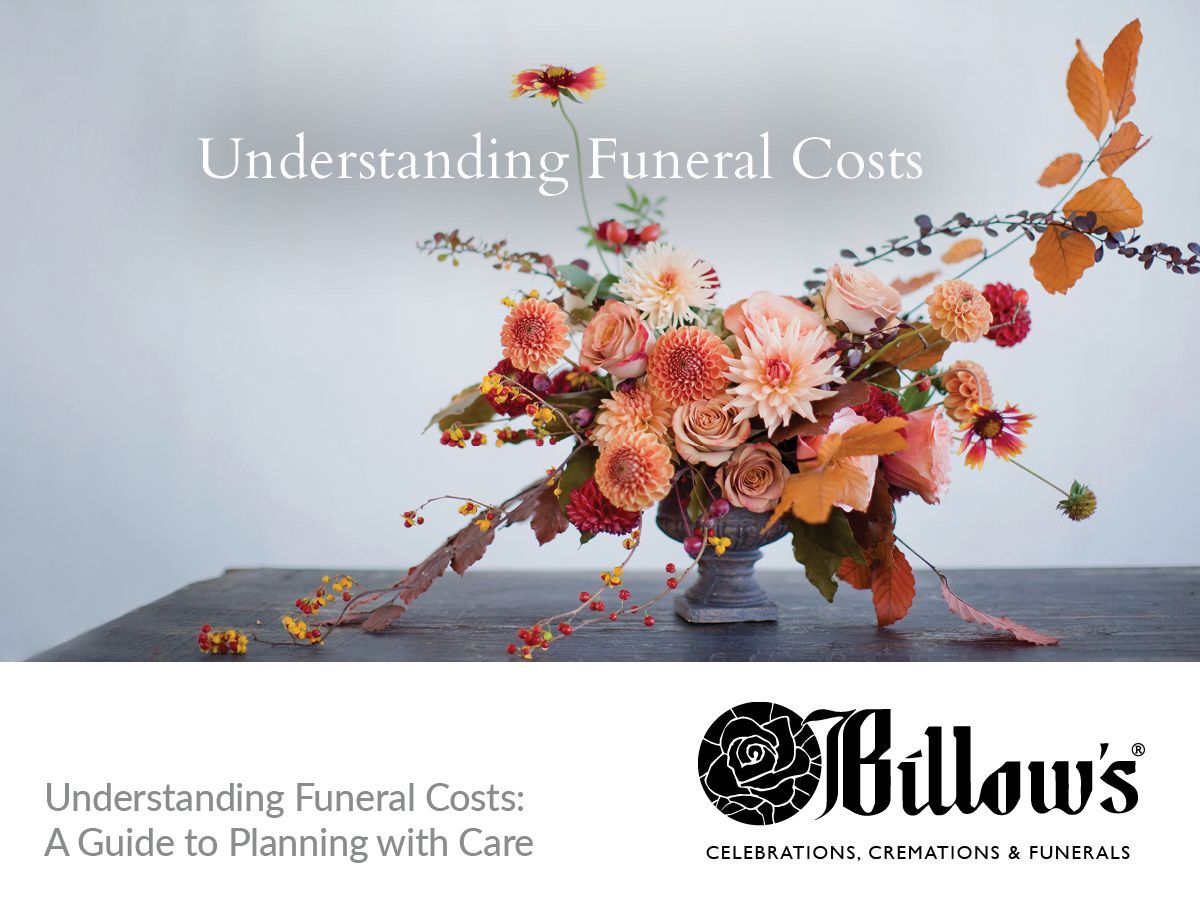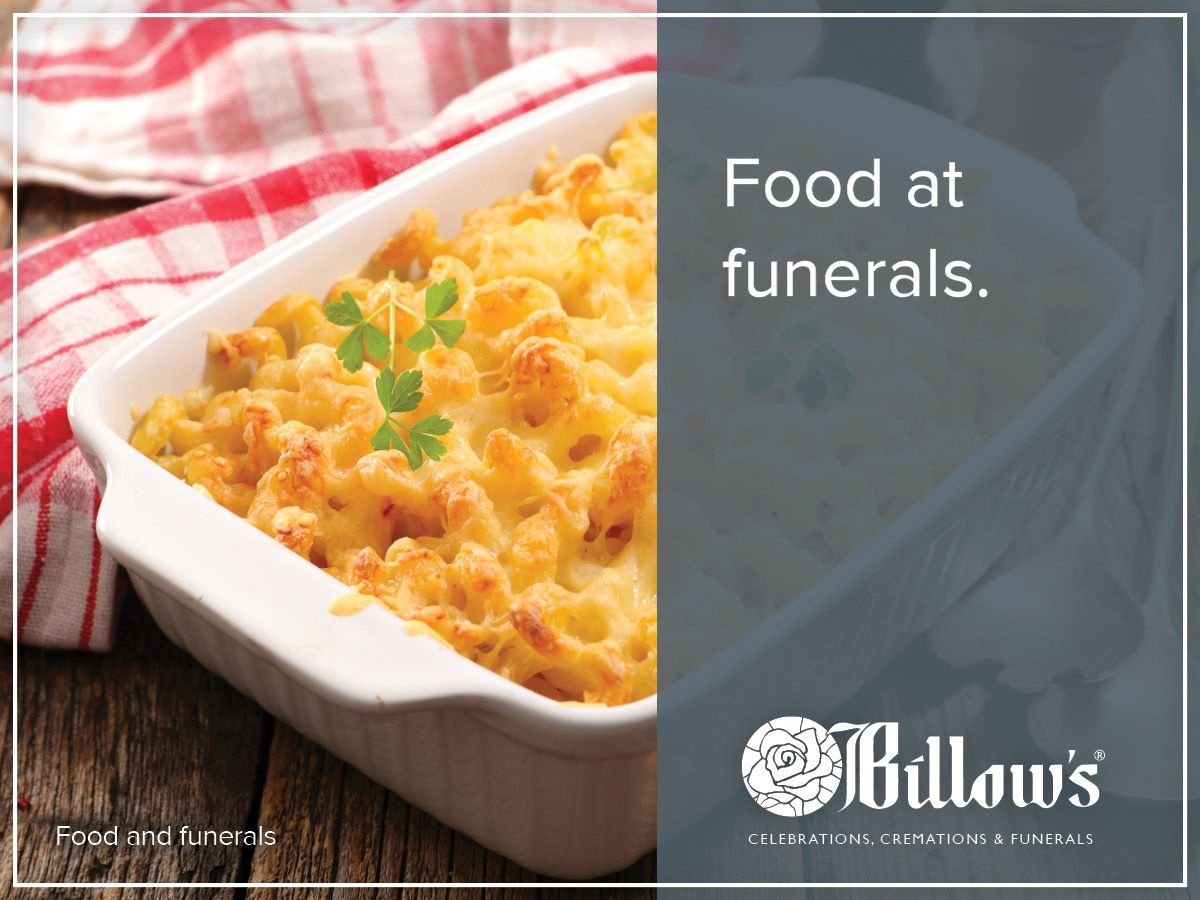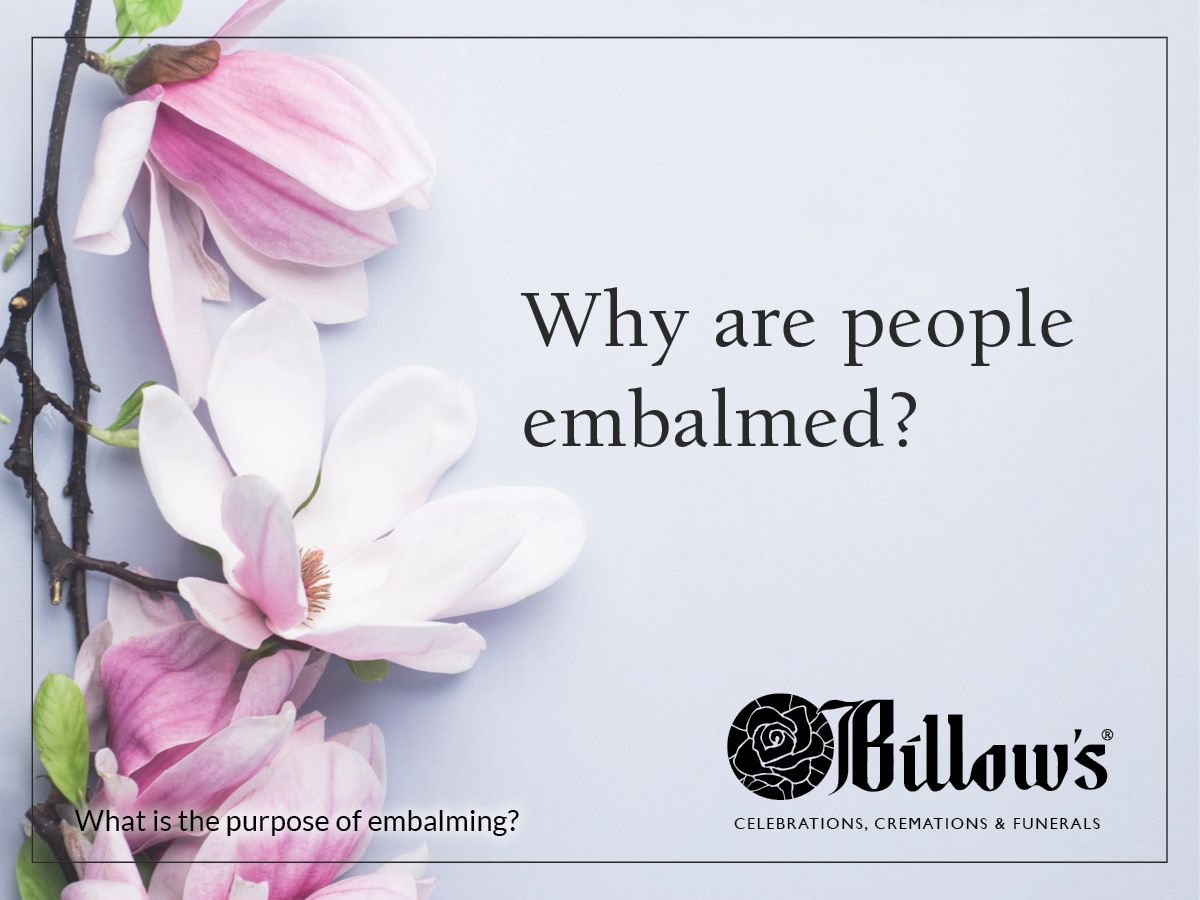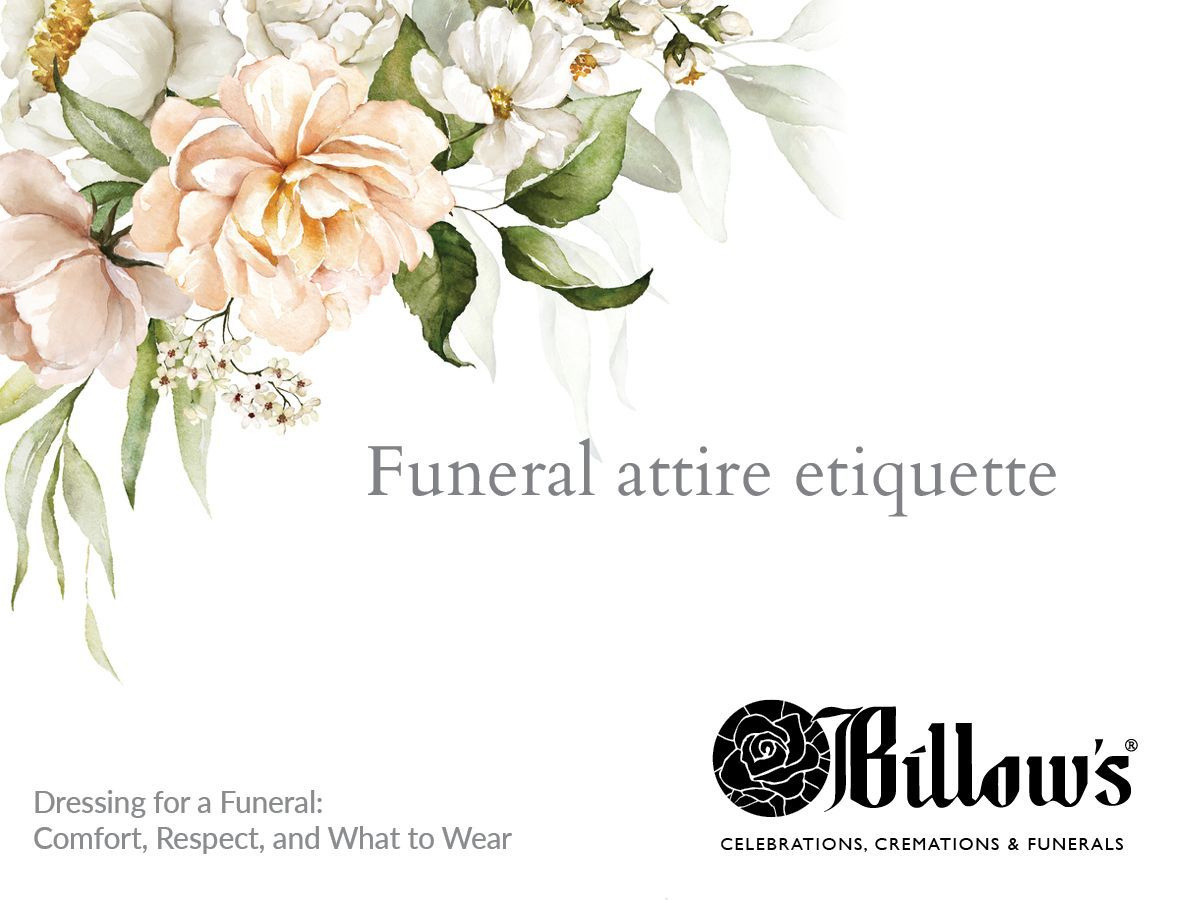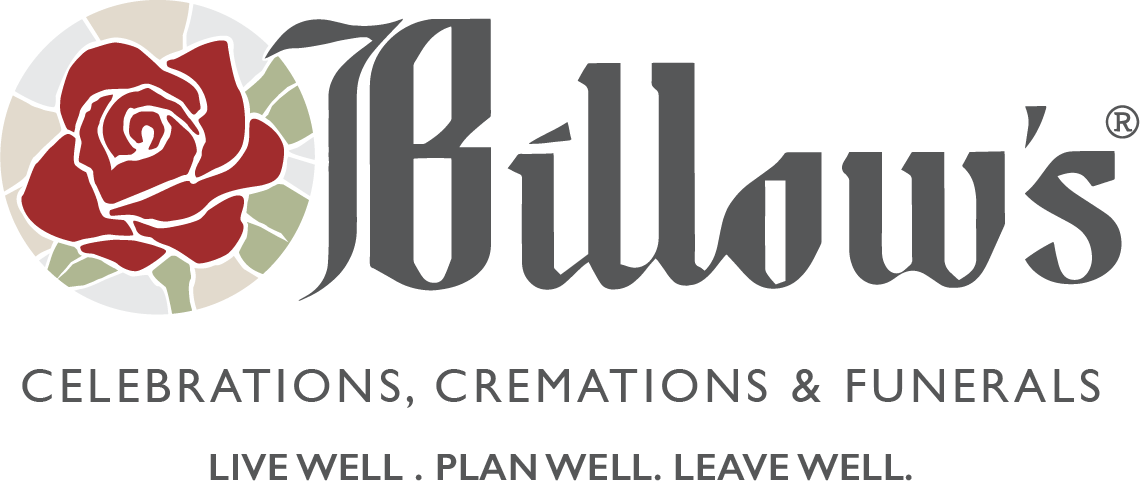Serving a Diverse Community
Funerals are very personal ceremonies. They’re often also religious and cultural occasions, filled with rites and traditions that fit the unique heritage of the person being honored. As the diversity in the United States has continued to increase over the decades, funeral homes have learned to create meaningful services that fit the needs of each family that comes to them in their time of need. When planning a service for your loved one, there are several ways a funeral home will work with you to incorporate your loved one’s unique background.
How Funeral Homes Can Honor Your Loved One’s Heritage
Funeral homes will work to help you fulfill your loved one’s final disposition wishes.
Many religions and cultures have different guidelines in relation to how a decedent can journey to their final resting place. Depending on your loved one’s faith, for instance, it may be more traditional to have a burial rather than a cremation. Many religions reinforce the need for a burial, including Islam and Judaism, while some religions, like Hinduism, instead believe that cremation is best for the treatment of our loved ones. Final disposition is a very personal choice, and funeral homes know this. For this reason, funeral homes do their best to ensure that the proper final disposition occurs.
In many cases, it can be hard to make the arrangements for your loved one’s final disposition without the help of a funeral home. Many crematories and cemeteries prefer to work with a funeral director when making these plans. And that’s because funeral directors come with years of experience and know how to navigate the world of after-life care. Whether your loved one wanted a burial or to be cremated due to their cultural or religious beliefs, working with a funeral home ensures that your loved one will receive their wishes.
Funeral directors can incorporate pieces of your loved one’s heritage into their funeral services.
Different cultures treat loss in different ways. And those different beliefs lead to different ways in which we say goodbye to the people that we love. Because funeral directors come with years of experience tending to the needs of families of all sorts of cultures, they’re equipped to help you add touches of your loved one’s heritage to their funeral and additional services.
There’s no right way to hold a funeral. For some people, these services are celebrations of life, filled with dance and drink. For others, they’re meant to be more somber, filled with quiet reflections and contemplation of life. Funeral directors are prepared to create services that match the needs of your loved one’s culture, adding touches that are personal to your loved one’s background. For instance, if your loved one was Chinese, you may want to add traditional Chinese funeral elements to their service. You may choose to have incense be burned during the funeral or place white or yellow mums around the service’s room. Or if your loved one wanted a more traditional Mexican funeral, marigolds may be more fitting, as well as the presence of a Mexican funeral band.
Adding these meaningful touches is a big part of the role that a funeral director plays. Your funeral director wants every event they organize to be impactful and as unique as the person it's intended to honor. No matter what your loved one’s heritage was, a funeral director will work to respect it at your loved one’s funeral.
Funeral directors will work to ensure that your loved one’s funeral follows the rituals of their religion and background.
Your funeral director has experience planning funerals and other services for people of all different religions and backgrounds, which means that they understand the importance of the rituals that these religions and cultures hold dear. A funeral director will always do their best to ensure that these customs are followed as desired.
These professionals understand that funerals and the services that often accompany them are not one-size-fits-all. Although both Italian families and Mexican families frequently have wakes in addition to funerals, their ceremonies typically look very different. And although both Jewish and Muslim families prefer burial to cremation, the rituals that surround the burials are not the same. From burial ceremonies to eulogies, a funeral director understands that every culture and religion has a different way of saying goodbye to their loved ones.
When you work with a funeral home, you can be sure that you’re working with professionals who understand that you want to honor who your loved one was, including their unique background and beliefs. However you want to incorporate their heritage into their funeral and final disposition, your funeral director will work with you to create something meaningful for you and your family. Funeral homes are driven by a desire to support their communities, and they’re honored to serve diverse families who come from all walks of life.
